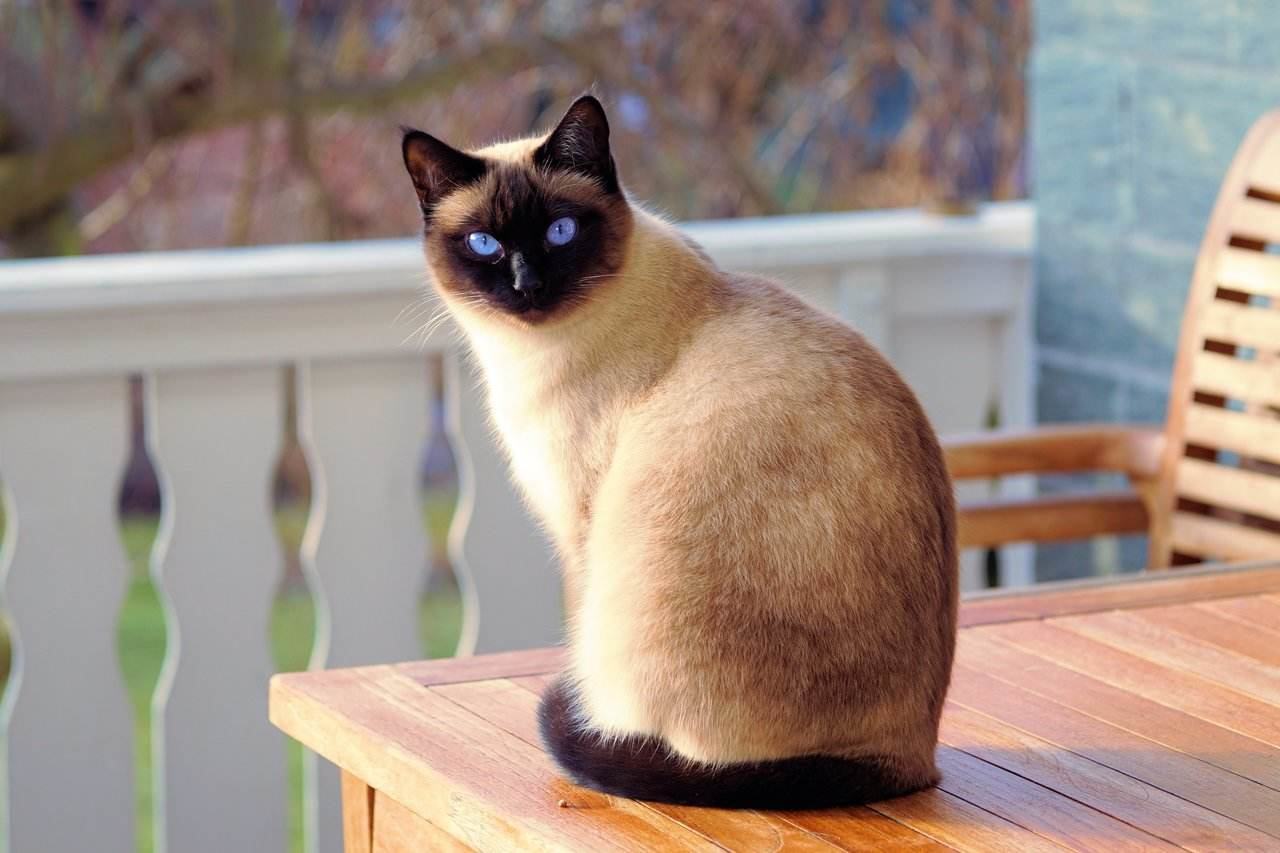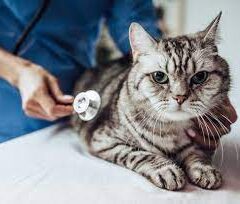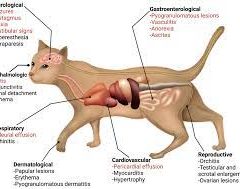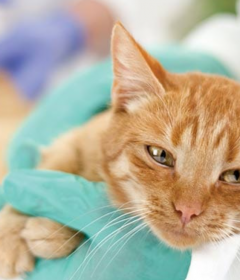Diagnosis of Feline Infectious Peritonitis

In recent years, the diagnosis of feline infectious peritonitis (FIP), especially the effusive type, has been more straightforward due to advancement of technology. Effusive FIP is diagnosed through the presence of viral RNA within the effusion sample, observed through reverse-transcriptase polymerase chain reaction (RT-PCR). This, however, means that a sample should have been delivered to an external veterinary laboratory. A number of tests exist in a hospital that will determine whether a case is a confirmed effusive FIP. The total protein in the effusion will be measured; it’s extremely unlikely to a case of FIP if it is less than 35 g/l. The ratio of globulin to albumin will be measured; FIP is ruled out if the ratio is more than 0.8 and is a possibility (if uncertain) if the ratio is less than 0.4. The presence of cells in the effusive will be examined; FIP is ruled out if the cells consist mostly of lymphocytes.
While it is rather easy to diagnose wet FIP, dry FIP is a different story. Wet FIP can simply be diagnosed through testing the effusion. Dry (non-effusive) FIP, however, is tricky for diagnosis due to its clinical signs being typically varied and vague and there would be no sample available for diagnosis. There will be much more variables to take into consideration when diagnosing dry FIP. Dry FIP is confirmed when the cat: 1) is young and purebred, 2) is stressed out due to recent experience, 3) has a bigger chance to get infected such as being originated from an indoor cat rescue homes, 4) shows the following traits: has become anorexic, eats less, experiences weight loss, has pyrexia, shows intra-ocular, and icterus, 5) shows hypergammaglobulinaemia, 6) shows lymphopenia, 7) and shows a higher level of antibody titre to FCoV—this last indication, however, should be used in caution as the test must be of its highest sensitivity to be regarded valid.
If the cat is seronegative, dry FIP can be ruled out but only if the test came with exceptional sensitivity. There has been a study that sought to compare a series of in-house FCoV antibody tests that are available commercially. The study eventually found out that the FCoV Immunocomb (biogal) is the best as it has 100% sensitivity; Virbac from the Speed F-Corona rapid immunochromatographic (RIM) is 92.4% sensitive, while the FASTest feline infectious peritonitis from MegaCor Diagnostik is only 84.6% sensitive.



